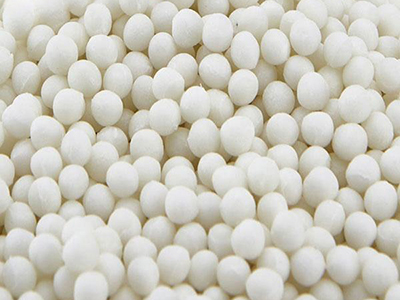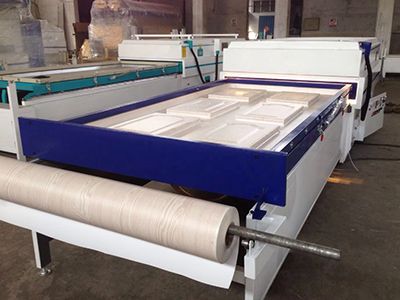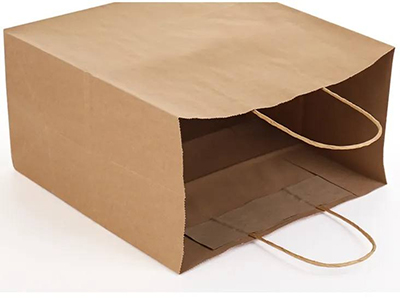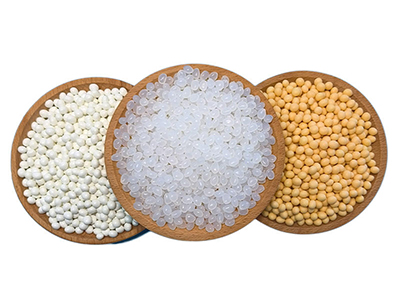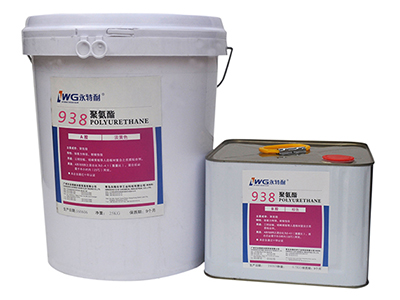The lifespan or shelf life of industrial glue can vary widely depending on several factors, including the type of adhesive, storage conditions, and the manufacturer’s recommendations. Here are some general guidelines for understanding how long industrial glue can last:
- Type of Adhesive: Different types of industrial adhesives have varying shelf lives. Common types include epoxy adhesives, cyanoacrylate (super glue), hot melt adhesives, polyurethane adhesives, and more. Each type may have a different shelf life.
- Storage Conditions: Proper storage is critical to extending the shelf life of industrial glue. Adhesives should be stored in a cool, dry place away from direct sunlight, extreme temperatures, and humidity. Adhesives should also be sealed tightly when not in use.
- Manufacturer’s Recommendations: Always refer to the manufacturer’s recommendations for the specific adhesive you are using. Manufacturers often provide information on the product label or packaging regarding shelf life and storage conditions.
- Expiration Date: Some industrial glue products may have an expiration date printed on the packaging. It’s essential to respect this date and not use the adhesive beyond it.
- Sealed vs. Opened Containers: Once a container of industrial glue is opened, its shelf life may be shorter than if it remains sealed. This is because exposure to air and moisture can affect the adhesive’s performance over time.
- Adhesive Quality: High-quality industrial adhesives from reputable manufacturers often have longer shelf lives compared to lower-quality or generic products.
- Adhesive Formulation: Some adhesives, such as two-component epoxies, may have a limited pot life (the time during which the adhesive remains workable after mixing the components). Once mixed, these adhesives must be used within the specified pot life.
In general, industrial glue stored under ideal conditions can have a shelf life ranging from several months to several years. However, it’s essential to check the specific product’s label or manufacturer’s documentation for precise information regarding its shelf life and any storage recommendations. Using adhesive that has exceeded its shelf life or has not been stored correctly can result in reduced bond strength and adhesion performance.


